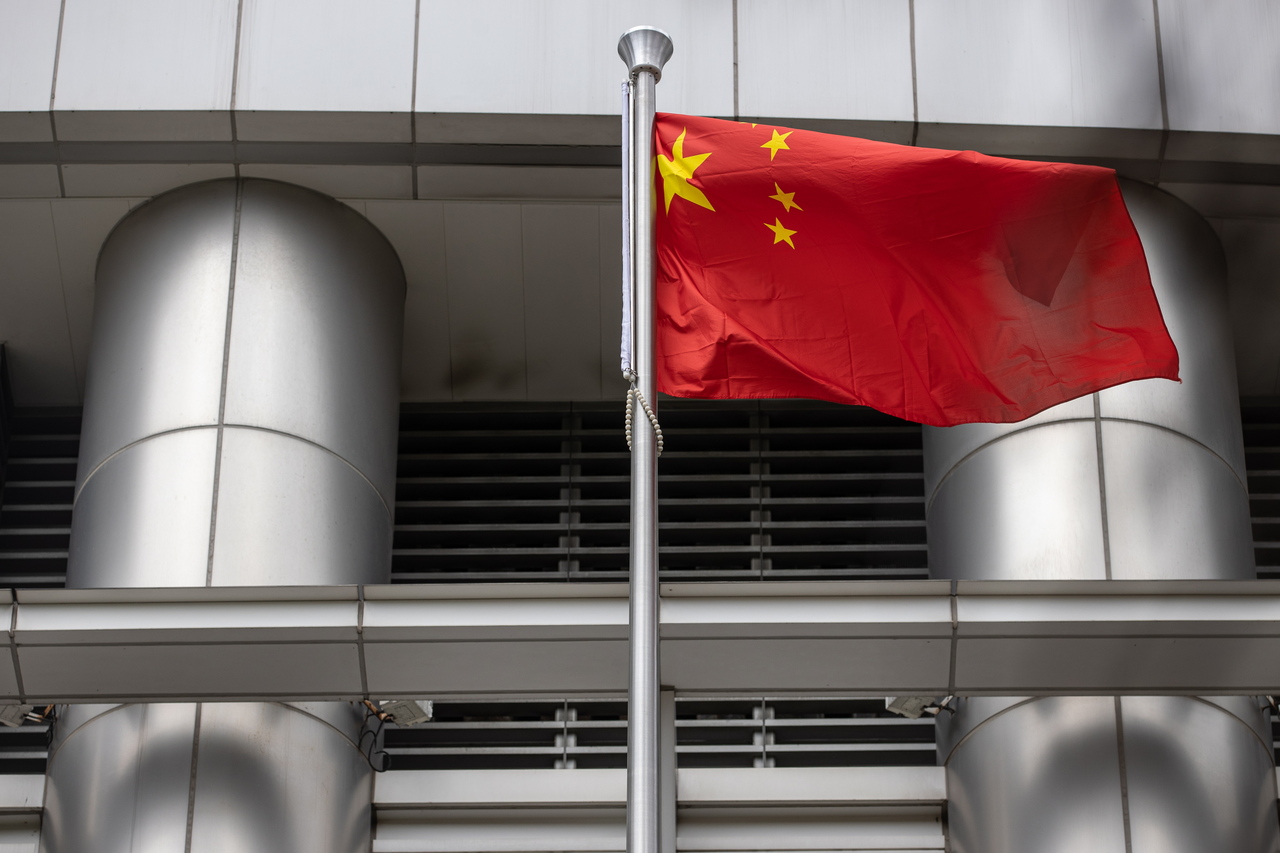China starts taxing its citizens' global income for the first time
Sign up now: Get insights on Asia's fast-moving developments

The move could be a big blow for Chinese expats working in places such as Hong Kong.
PHOTO: EPA-EFE
Follow topic:
BEIJING (BLOOMBERG) - China has started tracking down some of its citizens living abroad to collect taxes, surprising expatriates who never had to pay levies back home on overseas income, according to people familiar with the matter.
State-owned enterprises operating in Hong Kong, which has one of the lowest tax rates in the world, told mainland Chinese expats recently to declare their 2019 income so they can pay taxes at home, according to the people, who asked not be named because they are not authorised to speak publicly on the matter.
Chinese SOEs are also informing employees working in other places such as Singapore, two of the people said.
China, which charges taxes of as high as 45 per cent, revised its income tax rules January last year to help the authorities start collecting money from its citizens worldwide - similar to what the United States does with Americans living abroad.
But Beijing only disclosed detailed instructions this year on how to file such taxes, catching many expatriates flat-footed.
The move signals the beginning of what could be a major shake-up for one of the largest expat communities in the world as some could see their tax bills soar.
Though specific statistics on expats weren't immediately available, Chinese state media have reported there are about 60 million ethnic Chinese living overseas.
There are 80,000 to 150,000 mainland Chinese working in Hong Kong, according to the South China Morning Post, which earlier reported on the issue. Chinese citizens working in Macau have also been told to start paying income taxes back home, according to the Nikkei Asian Review.
China's State Taxation Administration didn't immediately respond to a fax seeking comment.
The move could be a big blow for Chinese expats working in places such as Hong Kong, who've only had to pay a maximum of 15 per cent of their salaries in taxes. That's one-third of mainland China's highest tax bracket.
It's not just pay cheques. The rules also subject income from dividends and property sales to taxation back home, said Mr Jia Zeliang, chief executive officer at wealth-planning adviser Ishtar Consulting Inc.
That's likely to force many companies to shoulder much of the extra tax burden or risk an exodus of Chinese expats, Mr Jia said.
"The trend is China will continue to refine and tighten its personal income tax system and not to overlook the part made from overseas," he said.
Though Chinese nationals have theoretically been obliged to pay taxes on their global income for many years, it hadn't been enforced, said Mr Jacky Chu, who heads PwC China's global mobility services. The change could be a boon for accounting firms.
"We have seen a surge of companies asking for our advice," Mr Chu said. "China didn't have such a large number of expats working overseas when the old tax legislation was drafted decades ago. That could be why many people were not entirely aware of the requirement."
"We have seen a surge of companies asking for our advice," Mr Chu said. "China didn't have such a large number of expats working overseas when the old tax legislation was drafted decades ago. That could be why many people were not entirely aware of the requirement."

